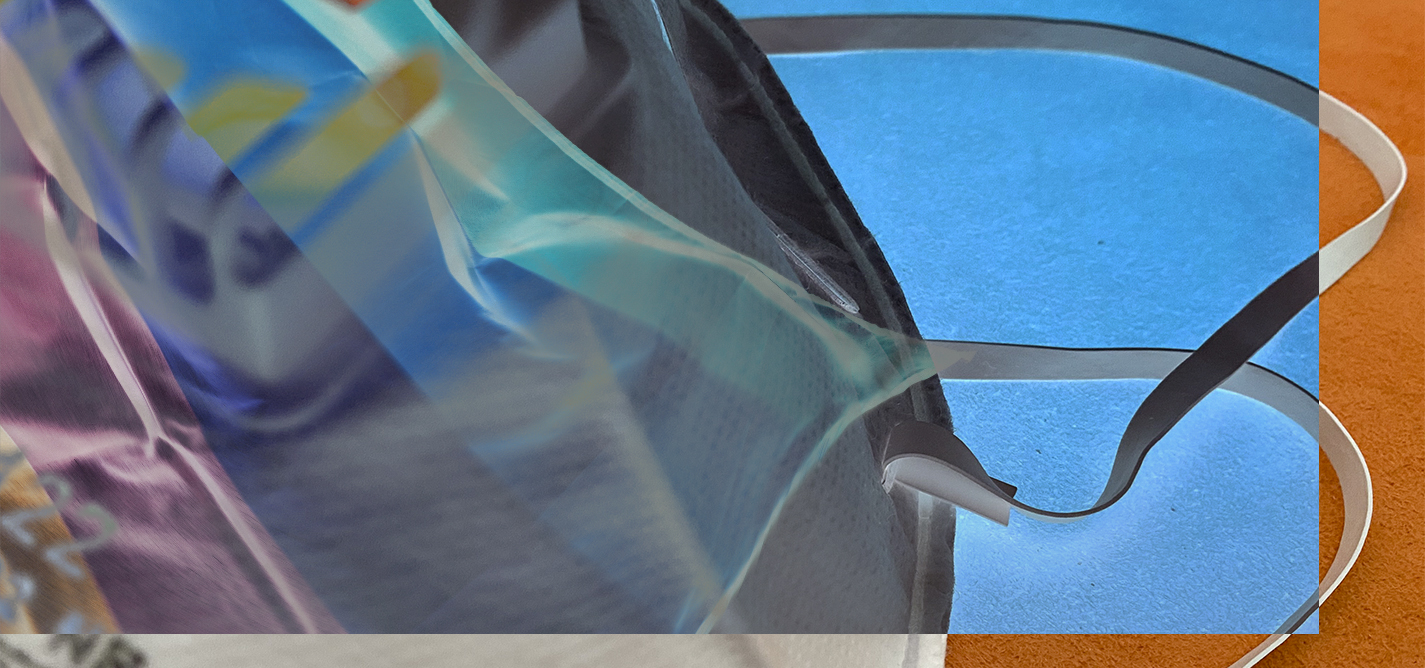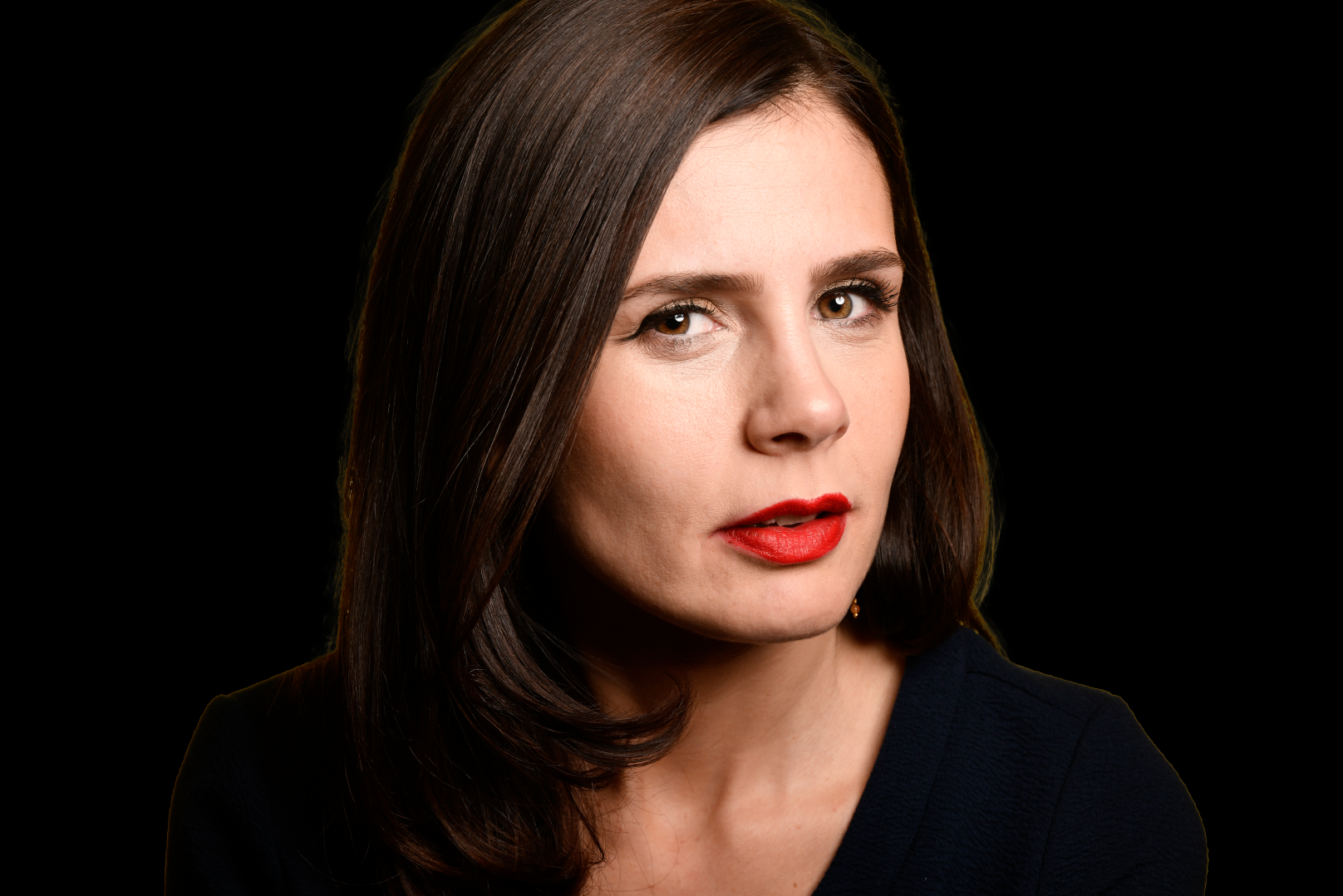
LGBTQ life under quarantine
How Kosovo’s LGBTQ community is surviving lockdown.
"And I can look like this because I do not need to go outside.”
Dee, trans womanWhile he speaks to K2.0 he knows that somewhere, at another house, a person from the LGBTQ community is being subject to violence from non-supportive parents.

Dafina Halili
Dafina Halili is a senior journalist at K2.0, covering mainly human rights and social justice issues. Dafina has a master’s degree in diversity and the media from the University of Westminster in London, U.K..
This story was originally written in English.